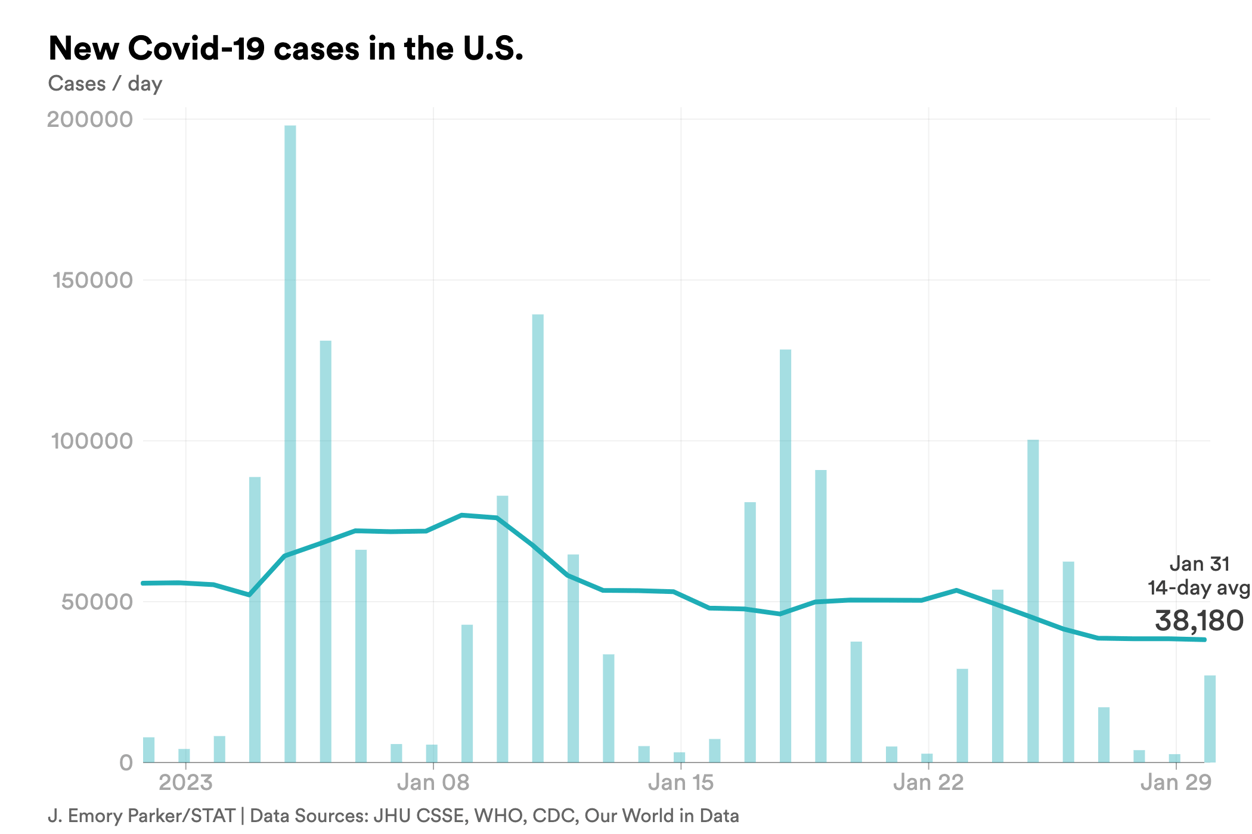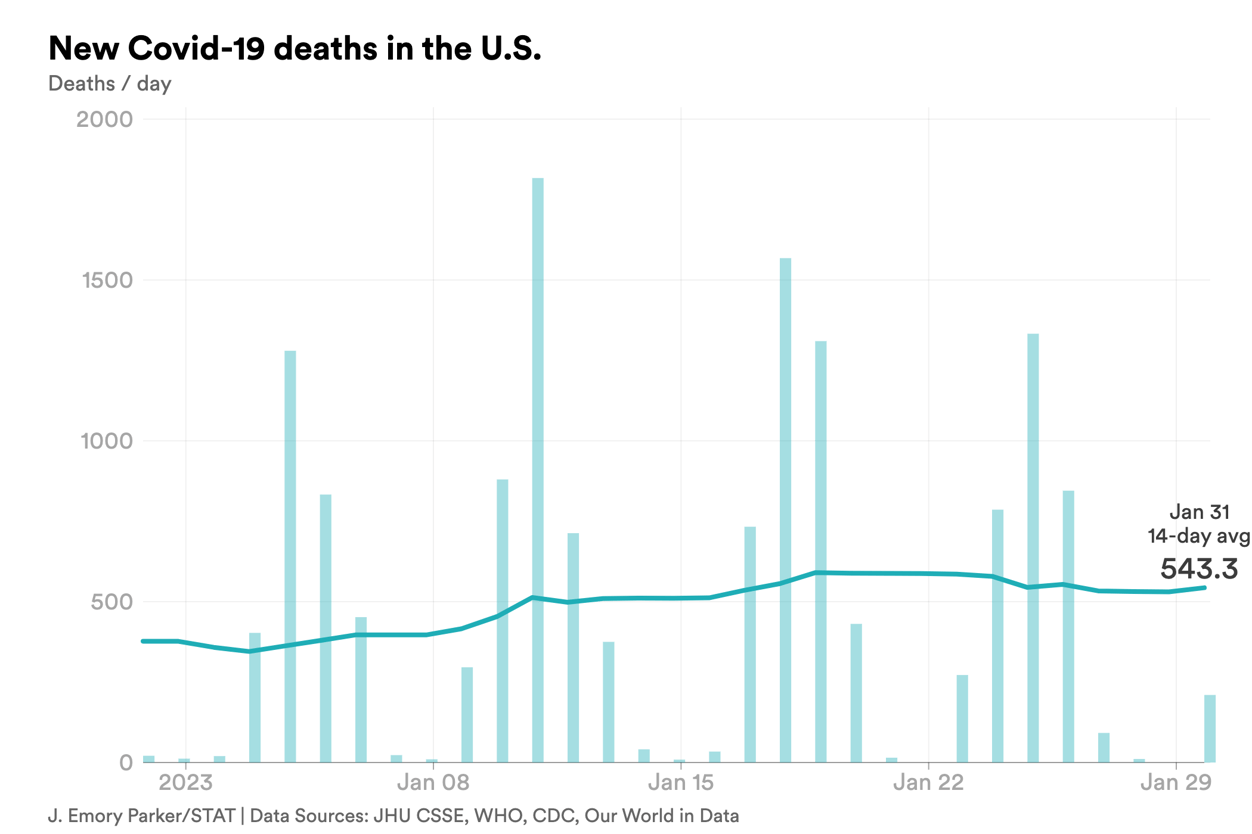closer look
There's a new biosimilar for Humira, but its pricing may not help patients
It's a big deal that years of patent protection have finally run out for Humira, AbbVie's treatment for rheumatoid arthritis and other autoimmune diseases. Now that Amgen is marketing a biosimilar to nearly duplicate the biologic drug, hopes were high that the price would go down enough that patients would have to shell out less money out of pocket. But given the perversities of drug pricing in the U.S. health care system, that's unlikely, STAT's Ed Silverman explains.
Yesterday Amgen announced its biosimilar, Amjevita, would be available at two different discounts — 5% and 55% — off the roughly $80,000 list price. Sounds good, but pharmacy benefit managers and insurers see it differently, thanks to rebates that can swallow up the money they make. While a 55% discount sounds impressive, the 5% discount is likely to be more popular with payers. So much for biosimilars saving patients money. Read more.
health
Substance use fell among young people early in the pandemic
It's been difficult to collect data on substance use trends during the pandemic, but the information available still conveys some telling trends. A new study in JAMA Network Open says despite the pervasive stress of living with Covid-19, substance use of all kinds fell among young people ages 13 through 20 from 2019 to 2020. Results were mixed for older age groups, except for tobacco use, which went down over the same period. Cannabis consumption rose in adults 25 and older.
The researchers worked with data from two different surveys, so they caution against putting too much weight in the comparison. Still, they single out two factors that might have contributed to the drop in occasions for substance use for younger people. First, the pandemic cut down on social interaction with peers when in-person learning and sports or other group activities were curtailed. And second, there may have been more parental oversight when families were at home together.
health
Planting more trees in urban heat islands could cut deaths from extreme temps, model predicts
It's winter in the Northern Hemisphere, but we can easily recall the heat waves and wildfires of last summer when those extremely high temperatures endangered people's health, especially if they had chronic illnesses. A new study in The Lancet looks at how to prevent premature deaths attributed to higher temperatures in 93 European cities. The answer could be above heads: Their model predicts planting more trees in cities could cut deaths from extreme heat by one-third.
Going green could counteract urban heat islands, where asphalt on the ground and certain materials in buildings absorb heat. From their analysis of 2015 data, the researchers say doubling the current average tree coverage in cities to 30% could have prevented 2,644 of 6,700 deaths by lowering temperatures. "Planting urban trees offers an important opportunity to mitigate high temperatures and, compared with other strategies, is relatively simple and cost-effective to implement," they write.
by the numbers


No comments